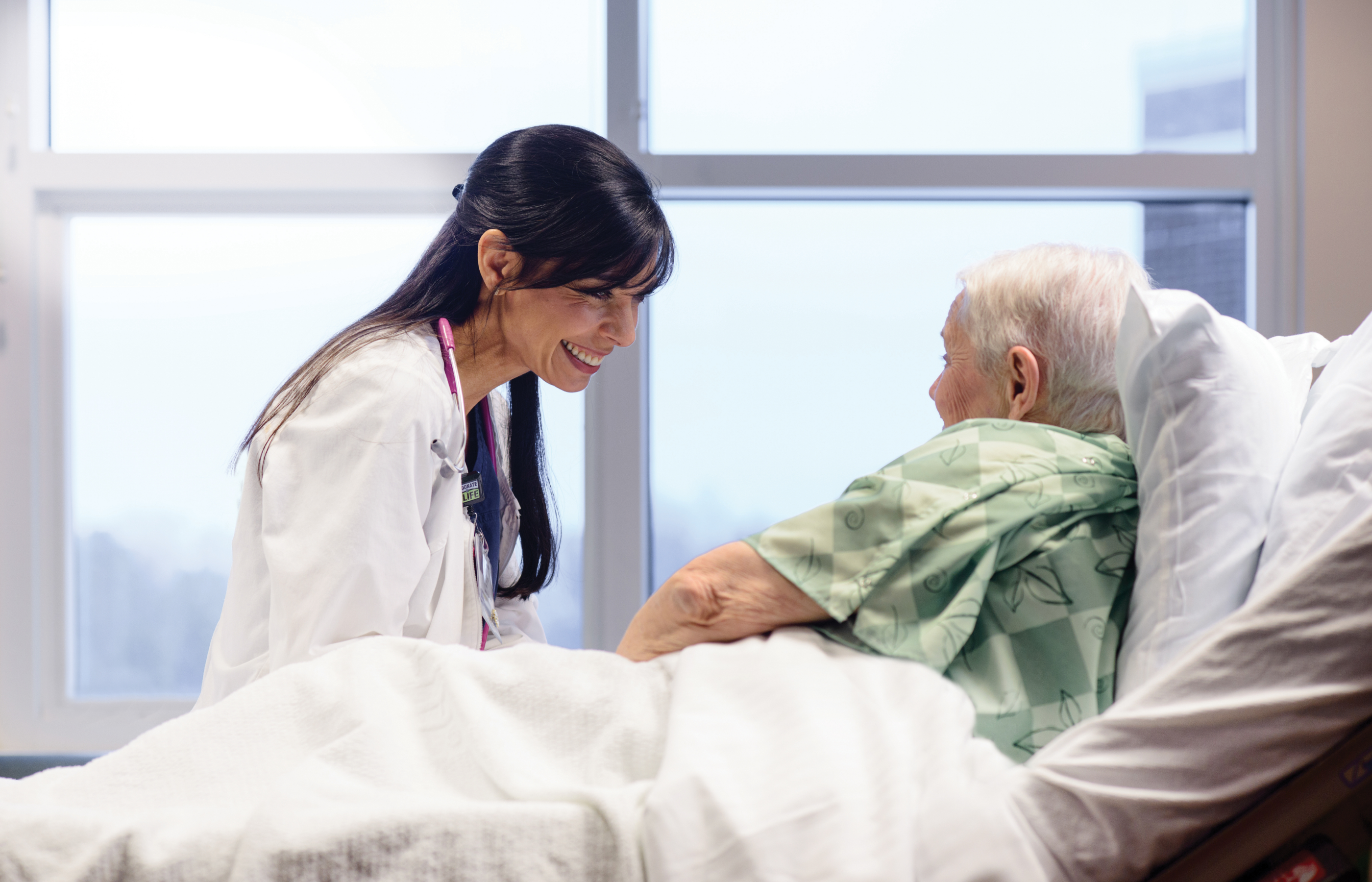Elevate your career, transform the future of healthcare.
Step into a role that empowers your strengths on a team that shares your values. Say yes to a brighter future with Novant Health today.
Scam Alert
Novant Health is aware of fraudulent emails circulating that offer employment and ask for personal information. Please note that we will never ask you to provide banking information by email or verify personal information by clicking on a link in an email. If you receive a suspicious email, please forward it to phish@novanthealth.org.
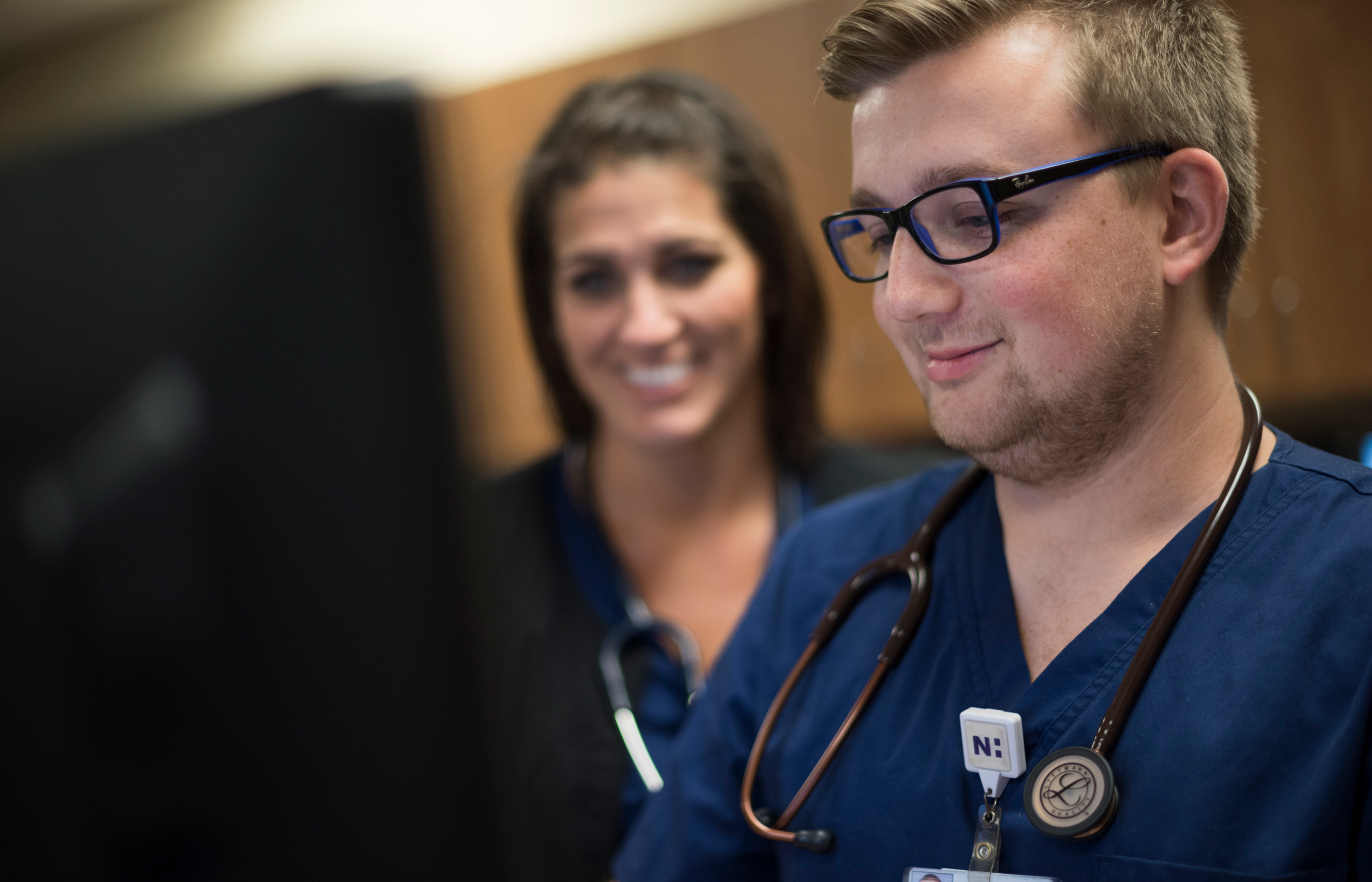
Elevate your nursing career.
RNs, you can earn up to a $30,000 signing bonus and up to a $7,500 relocation package when you join Novant Health. Even more roles now qualify.
Experience total rewards
Get rewarded. Find balance. Advance your career.
Taking care of people starts with our team members. The care we provide is only as remarkable as the people on our team. That’s why we are proud to invest in you. With signing bonuses and relocation reimbursement for some of our most in-demand positions, there has never been a better time to maximize your potential.
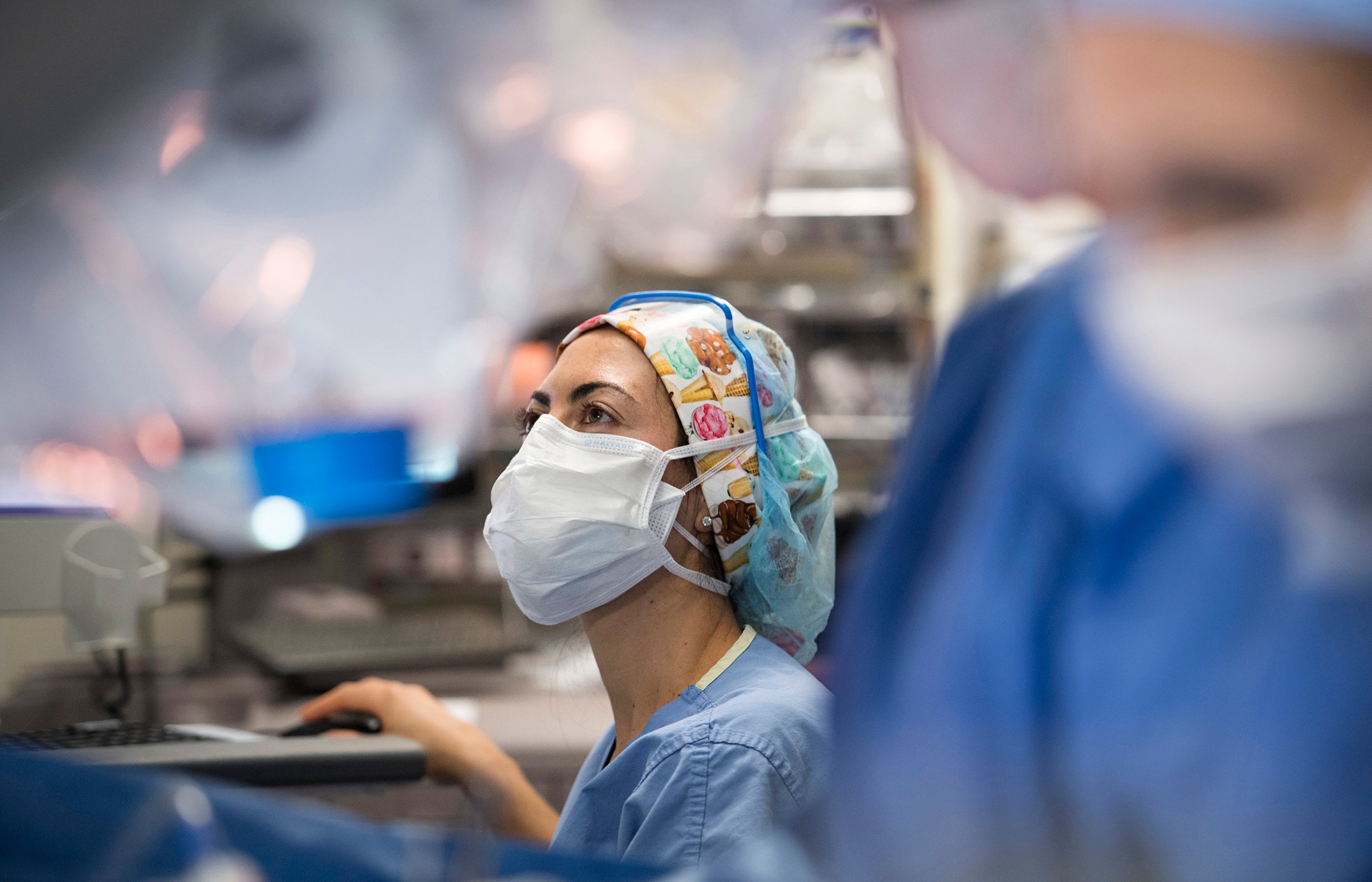
Benefits that go beyond
Our comprehensive benefits package includes flexible selections for medical, dental, vision, life insurance, retirement savings and more. Team members also receive special pricing for providers and clinics in our Novant Health Network and discounts and perks on a wide range of products and services.

Supporting your well-being for better balance
We support wellness for the whole you — in every area of your life. Our total well-being program provides tools and resources to enhance our team members’ emotional wellness, human connections, financial resources, physical health and leadership. All benefits-eligible team members can also earn well-being incentives, including team members who are not enrolled in a Novant Health medical plan.
We also provide generous paid time off and other paid leaves to give you needed time away from work to rest, relax and recover. Certain locations offer employee fitness centers, and we offer nutrition services and virtual wellness opportunities.
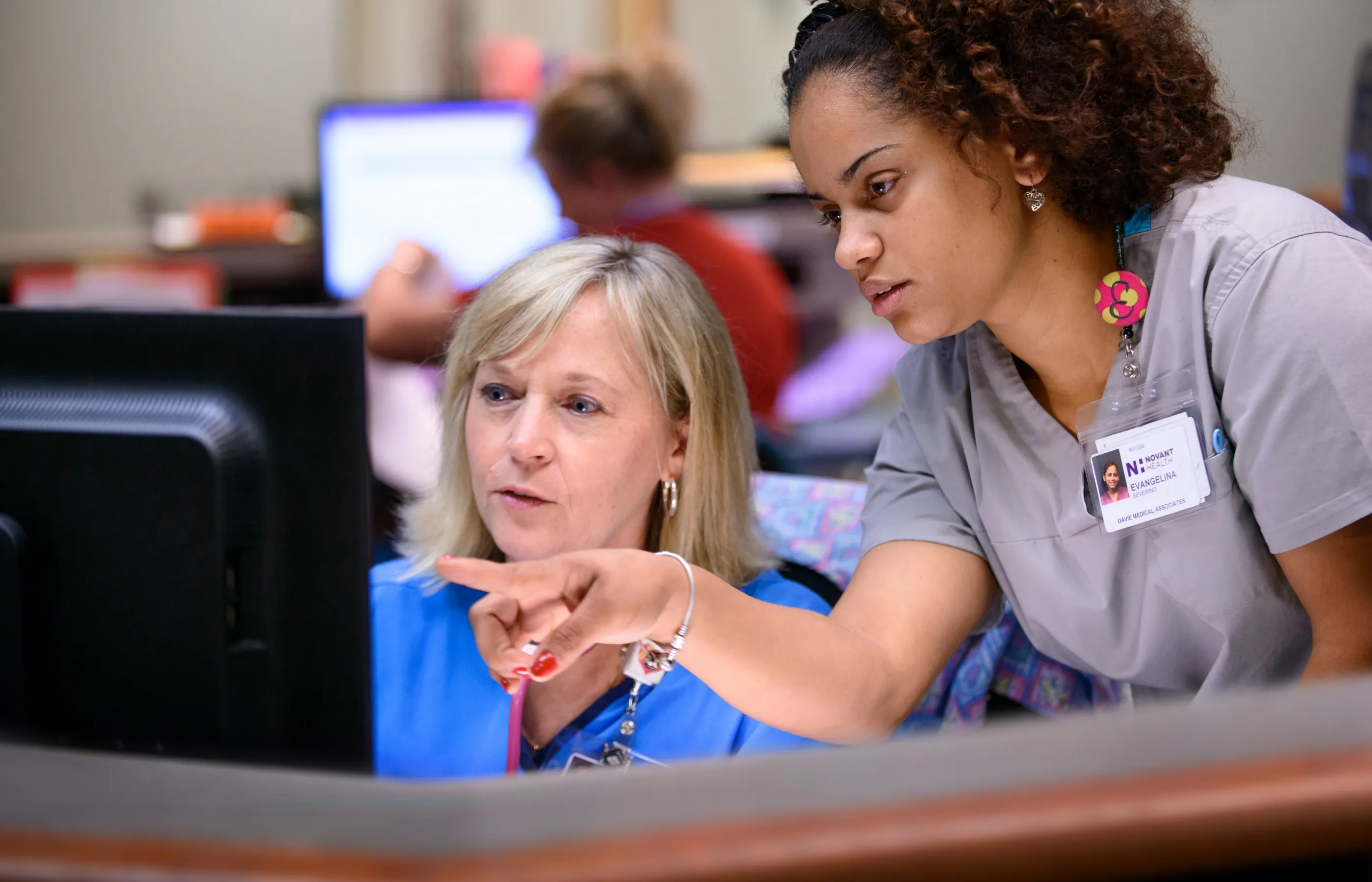
Nurturing your potential
We support your growth, both in and out of the workplace. Our human-centered and innovative learning experiences education and leadership opportunities are focused on the growth, development and empowerment of our team members to advance their careers and achieve their personal and professional goals.
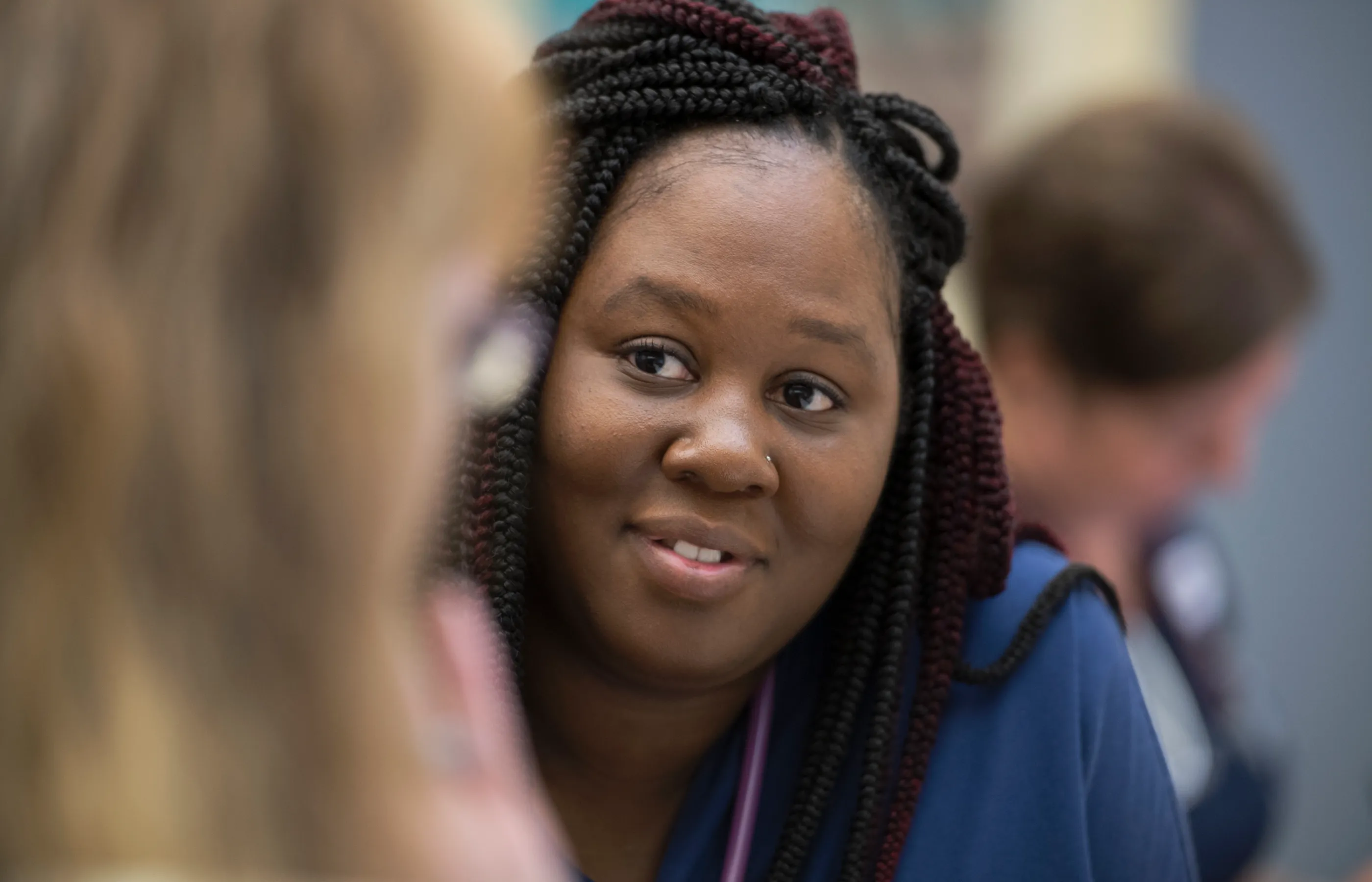
Novant Health At a Glance

Remarkable Recognition
What happens when a world-class team is empowered to be remarkable? Consistent rankings among the nation’s best for team member engagement, patient care and clinical excellence.
- One of the Best Places for Diverse & Women Managers to Work by Diversity MBA Magazine
- One of the Best Employers in North Carolina by Forbes
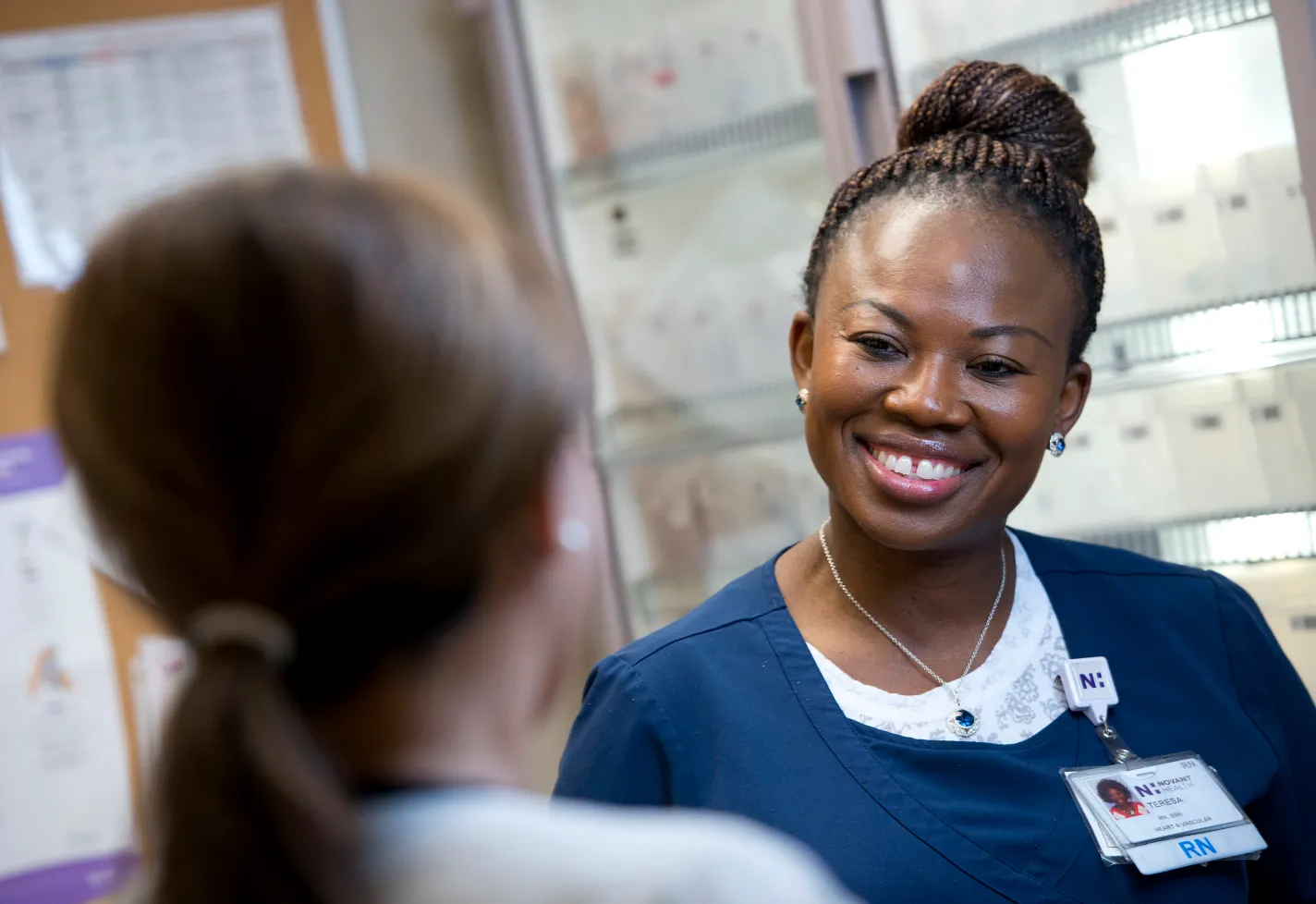
Team member referrals
Are you a current Novant Health team member who knows someone interested in joining our team? Submit a referral, and you may even be eligible for a referral bonus.
